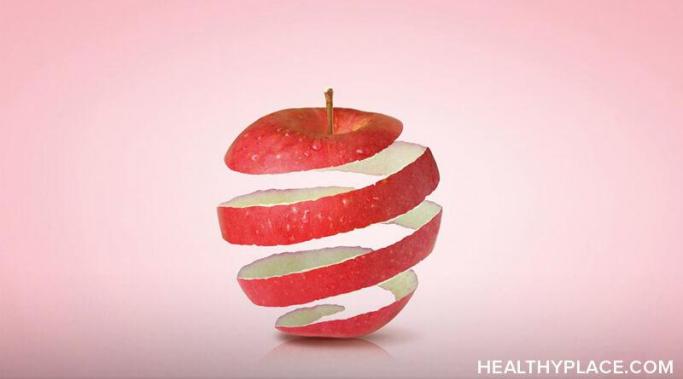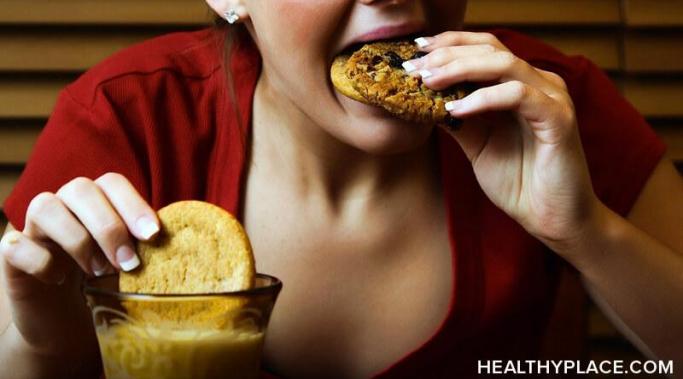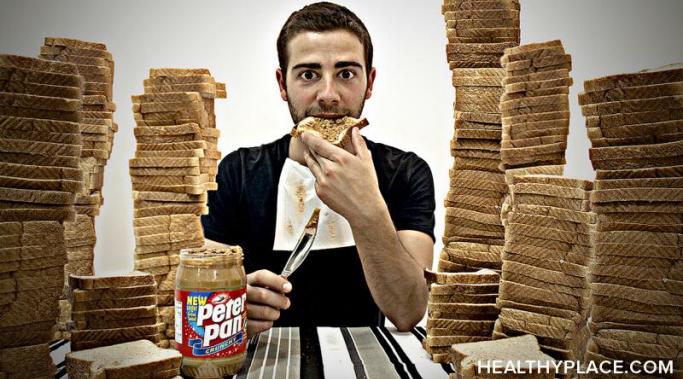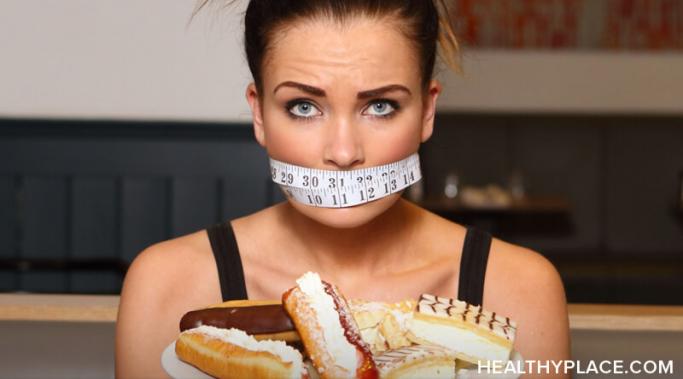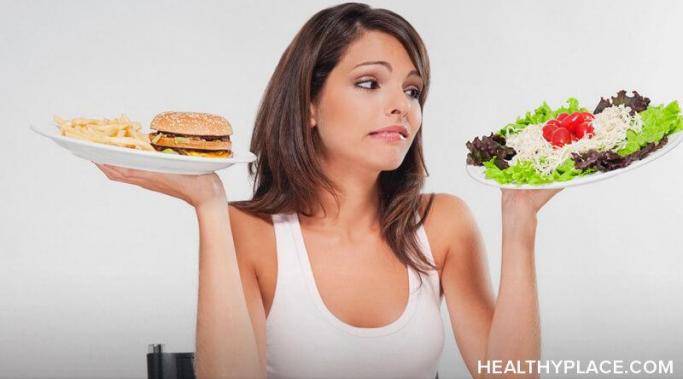There are many barriers to eating disorder recovery, but there are three that particularly wreak havoc. Recovery of any addiction requires us to be brutally honest with ourselves, take responsibility, and hold ourselves accountable. These are all things that an addict of any kind despises (How to Fight Barriers and Get to Your Safe Place). But once we can face the three barriers to eating disorder recovery that stand in our way, the road opens under our feet.
Surviving ED
What if numbing out pain with food is an unhealthy solution, not an addiction? What if I told you that you weren’t addicted to food? What if I told you that you didn’t have a problem with food at all? What if I told you that the problem was the discomfort beneath your skin, that urge to squirm and itch and run. The discomfort under your skin is what you’ve been trying to numb out. The food is just the solution you’ve come up with.
Shame can keep you trapped in an eating disorder. Shame is insidious, creeping into our self-esteem and wreaking havoc on our thoughts and feelings. Eating disorders come with both shame and guilt, but the difference is important. Shame is the feeling that “I am bad,” while guilt is the feeling that, “I did something bad.” The insidious part about shame is that we begin to see ourselves and the eating disorder as one. When we do this, we become all bad and shame keeps us trapped in the eating disorder.
There are important things you don’t know about eating disorders because for many people, eating disorders are a mystery. If you’ve never had one, you may struggle to come up with anything about them. I’ve heard people fumble, “It’s when you don’t eat or think you’re fat right?” Yes and no. Eating disorders are multifaceted. They’re a mental illness many people can struggle with for life. Here’s one important thing you don’t know about eating disorders.
There’s a phrase that eating disordered people love to hear. We must be careful because this phrase can validate the person’s disorder. When you’re struggling with an eating disorder, food and body image weigh on you all day long. Your mind whispers and screams commands about food or exercise and berates you when you can’t follow them perfectly. You have a slew of unrealistic expectations for yourself to live up to. Then you must factor in other people. Sometimes the people who love us can unintentionally validate our eating disorder with this one phrase that eating disordered people love to hear.
Eating trigger foods in your eating disorder recovery can feel terrifying at first. The reason the foods are trigger foods in the first place is because they cause anxiety and trigger the neural pathway to act on our eating disorder pattern, whatever it may be. Eating trigger foods as a part of your recovery can be a freeing process.
Three health-related bonuses to eating disorder recovery are given to us as we walk down recovery road. When we're healthy we often take that health for granted, but when we're sick we long for health and lament that we haven't been appreciative of it. But recovery teaches us that the body, mind, and soul are more resilient than we might have thought. There are at least three health-related bonuses to eating disorder recovery.
Parents, this guide shows you how to identify eating disorders in your teen. You know that the teens are a tumultuous time and, sadly, this is also when a majority of eating disorders develop. Parents have their own lives and when an eating disorder starts it’s insidious (The Many Causes of Eating Disorders). It’s a huge secret that the teen will try to hide. By the time you realize something is wrong the eating disorder is usually established. Here are the top three signs for parents to look for as a guide to identifying eating disorders in their teen.
The benefits of accepting your eating disorder are numerous because it’s the first step to healing. The more we resist something, deny it, or make excuses, it sets up a distance. It’s like holding the eating disorder at arm's length where it will continue to be a scary thing that’s chaotic to explore. Here are the true benefits of accepting your eating disorder.
Stop saying “I can’t” when it comes to eating disorder recovery. "I can't" is a phrase uttered out loud or in the secret caverns of our minds. I can’t recover. I can’t eat that. I can’t stop exercising. I can’t stop throwing up. I can’t keep food down. I can’t love myself in the mirror. I can’t love the part of my body that I despise. I can’t be kind to myself. Eating disorders are filled with the words “I can’t,” but there’s one ultimate reason to stop saying "I can't" for the sake of your eating disorder recovery (Why We Believe Eating Disorder Lies).
